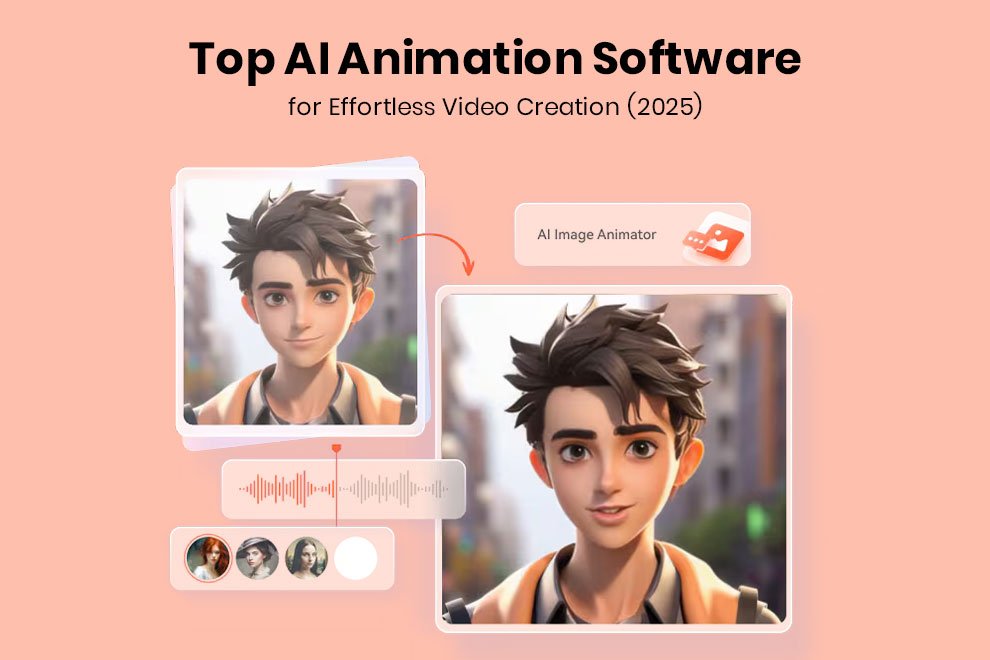Online casinos have perfected the art of instantaneous feedback: players know within seconds if they have won or lost, keeping them engaged for hours. Learning systems could adopt similar strategies since immediate feedback helps correct mistakes, reinforces knowledge retention, and maintains motivation levels. By studying how casinos utilize instant rewards, progress tracking, and adaptive challenges, we may uncover powerful techniques to enhance education, training, and skill development.
1. The Power of Instantaneous Reinforcement
Online casinos don’t make their players wait to see results–every spin, card draw, or bet results in instantaneous feedback: lights flash, coins clink, and notifications appear to confirm wins or losses. This immediate reinforcement strengthens behavior by creating an immediate link between the action taken and the outcome achieved. Learning works similarly: faster feedback leads to improved retention of information and adjustments to strategies taken.
Research in educational psychology supports this idea–studies have demonstrated that students who receive instant feedback on quizzes perform better than those waiting days for results. Duolingo uses instant corrections to help users quickly fix mistakes as soon as they occur; for instance, conjugating verbs incorrectly triggers instant corrections that reinforce correct answers before mistakes become routine and harder to unlearn later. Without this quick response mechanism, learners could unknowingly repeat errors over time, unlearning them even harder than before.
2. Gamification Techniques That Increase Engagement
Online casinos use game-like elements to make every interaction engaging and rewarding, creating an exciting, immersive learning experience. Applying these same strategies to learning makes the experience interactive rather than passive. Here’s how:
- Progress Bars—Like slot machines that indicate when a bonus round will start, learning apps use progress bars to visually track the completion of lessons, providing users with a sense of progress as they navigate them.
- Badges & Achievements – Casinos often honor small wins with trophies or loyalty points; similarly, rewarding learners for completing lessons with digital badges provides extra motivation to continue learning.
- Leaderboards – Friendly competition can motivate learners to exert extra effort, similar to how poker tournaments push players to outdo other participants.
These features work because they offer continuous, visible feedback to students. A student who earns a badge for finishing a module feels an incredible sense of achievement—much like hitting a minor jackpot at a casino! Without these milestones, learners might lose faith that their efforts are bearing any fruit, potentially leading to disengagement.
3. The Importance of Small Wins in Sustaining Motivation
Casinos use intermittent reinforcement techniques, such as small wins—even near misses—to keep players engaged. This psychological trick, commonly called micro reinforcement, makes people feel as though they are always just around the corner from success. When applied to learning, breaking complex topics into manageable chunks with quick feedback loops gives learners a sense of achievement and progress.
Instead of waiting for one final exam to assess knowledge, frequent mini-quizzes with instant scoring allow students to monitor their improvement immediately. Coding platforms like Codecademy utilize this approach–after each short exercise, users instantly see whether their code works, reinforcing correct logic while quickly correcting mistakes; this prevents frustration by ensuring learners don’t go too far before realizing they misunderstood a concept.
4. Customization with Real-Time Data
Online casinos monitor every click, bet, and win to provide personalized bonuses and game recommendations.Just as PayID casinos use real-time transaction processing to enhance user experience, learning platforms can leverage instant data tracking to personalize feedback. For instance, if a player enjoys slot games at their casino, they might offer free spins on new slot games. Learning platforms use similar real-time data to tailor experiences; for instance, if a student repeatedly struggles with algebra problems, the system could automatically provide extra practice or alternative explanations before moving forward.
Adaptive learning software already uses this approach—Khan Academy and Coursera adjust lesson difficulty depending on user performance. The more a system knows about an individual learner’s strengths and weaknesses, the more targeted feedback it can deliver. This prevents learners from spending unnecessary time reviewing concepts they already understand or feeling intimidated by material that’s beyond them.
5. Overcome Fear of Failure with Instant Corrections
Casino players know that losing a hand or spin doesn’t signal an immediate end to a game; instead, players simply try again without dwelling on mistakes made earlier. Learning should operate similarly: errors should be considered part of the process rather than final failures.
Students benefit from instant, constructive feedback that provides immediate correction of errors before they become entrenched. For instance, math tutoring apps allow instantaneous explanations of where students went wrong when solving equations incorrectly, and they provide similar problems that reinforce correct methods if an equation was incorrectly solved by offering similar problems for reinforcement purposes. This reduces anxiety over failure while encouraging a growth mindset where mistakes are seen as learning opportunities instead of setbacks.
Conclusion
Online casinos excel at keeping users engaged through instant feedback, small wins, and personalized experiences–principles that could revolutionize learning. By employing real-time corrections, gamification, progress tracking, adaptive challenges, and adaptive courses in the classroom setting or training program environment, educators and trainers can create more effective and engaging learning environments that drive motivation among students and help foster growth. Providing instantaneous feedback not only benefits learning but is crucial for success!
Also Read: Online Casinos That Accept Cryptocurrency: Safe or Risky?










